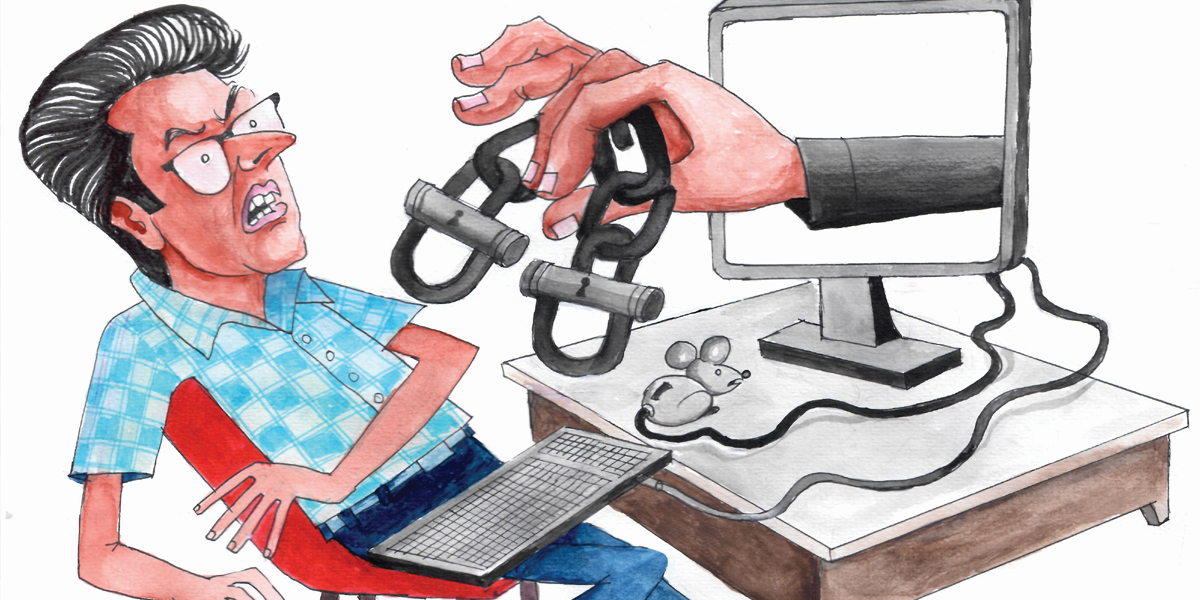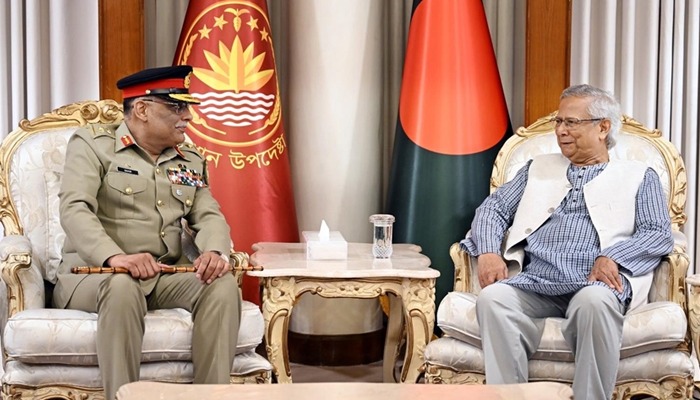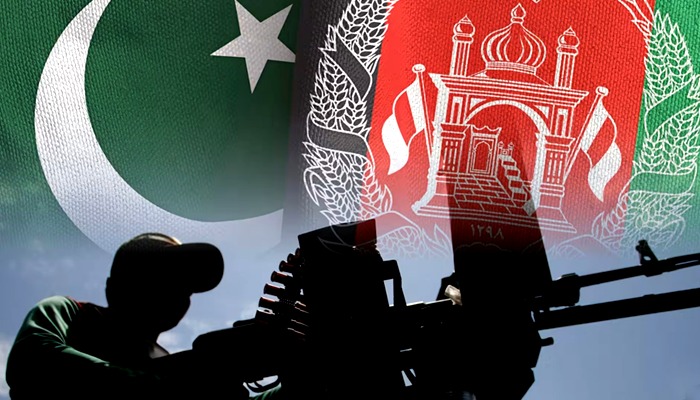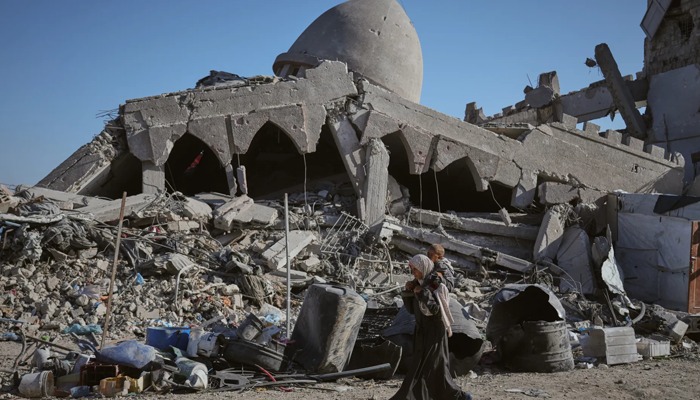Social media has become a necessity in many people’s lives. They are addicted to Facebook, Twitter, Instagram or any one of the new portals that routinely crop up. In Pakistan, According to statistics, 40.6 million people in Pakistan use social media accounts,with 9 million users having been added to that number in just the past year.
Abuse is considered one of social media’s downsides. Any critical post on political news or personal beliefs may attract the appreciation or wrath of thousands of users on social media. Trolling is another issue on social media, which can sometimes compel people to remove their posts. However, social media users say that while they are aware of trolling, they don’t take it seriously.
Experts and intellectuals say that expressing an opinion on issues without information or knowledge on those subjects, or ridiculing someone’s thoughts or beliefs, is a form of abuse. Secretary, Pakistan Institute of International Relations and former Chairperson of the Political Science Department, University of Karachi, Prof Dr Tanweer Khalid says, “[Sharing] information or expressing an opinion without knowledge of the subject being discussed is a form of abuse.”
She maintains that one should have complete knowledge of what one wants to discuss on social media, because discussing a topic without proper knowledge of it may not be deliberate abuse, but it is still abuse. Religious issues are particularly sensitive, she says, and commenting on them can cause significant harm. Dr Khalid adds that
“Politicians should stand by their word. And they should refrain from expressing opinions when not required.” She continues, “I believe that people sometimes take an extreme approach to issues. There are different sorts of people; some people cannot take criticism, others are aggressive, they want to address an issue as they think it is right. Personal likes and dislikes do not matter in individual or in collective affairs, so that is how it becomes a crime.”
Renowned writer and politician Javed Jabbar said that unlike the mass media whose content is normally subjected to different stages of origination, review and finalization before dissemination, the content of social media is individual, volitional, spontaneous and akin to chatter, conversation, cross-talk, whispers, shouts etc.
“With little or no filtration, social media reflect the best, but also more often, the worst sides of human nature,” said Jabbar. “Whispers relay gossip which can be totally fake news, which helps whispers become roars. It is absolutely necessary to evolve and enforce regulation of social media that enables responsible freedom of expression but prevents abuse, hate-speech, disinformation and criminal defamation.”
He said the absence of professional and ethical filters like those that exist in mass media further aggravates problems in social media by the physical separateness of a person, originating offensive or disrespectful content from the presence or company of others, specially those against whom the intolerant content is aimed.
“By being alone , the more negative aspects of an individual’s character and personality are emboldened because there is no immediate physical check or potential restriction from the presence of other people close by,”he said. “Distance injects alienation and distortion and enables extremes to be freely expressed.
Active on social media and the individual in-charge of the Jamaat-e-Islami’s media and social media cell, Dr Merajul Huda Siddiqui says, “When a person’s beliefs or thoughts and the respected personalities attached to these beliefs whom he holds in high esteem are ridiculed, disrespected or insulted, that is abuse.” Dr Siddiqui maintains that when people do not tolerate a difference of opinion, get judgmental and start using offensive language, that is abuse, which should not happen on social media.
Dr Siddiqui says that crime should be reported to the authorities, and judging by its nature and severity, the law-enforcers should act accordingly. Many countries are now in the process of devising a law to regulate social media. That aside, says Dr Siddiqui, there should be a moral responsibility among users. They should respect each other’s rights and people should discuss matters calmly, not exchange abusive language.
According to Dr Siddiqui, social media is changing, increasingly more and more apps are being invented, technology is getting advanced, so laws too must evolve with the passage of time.



















